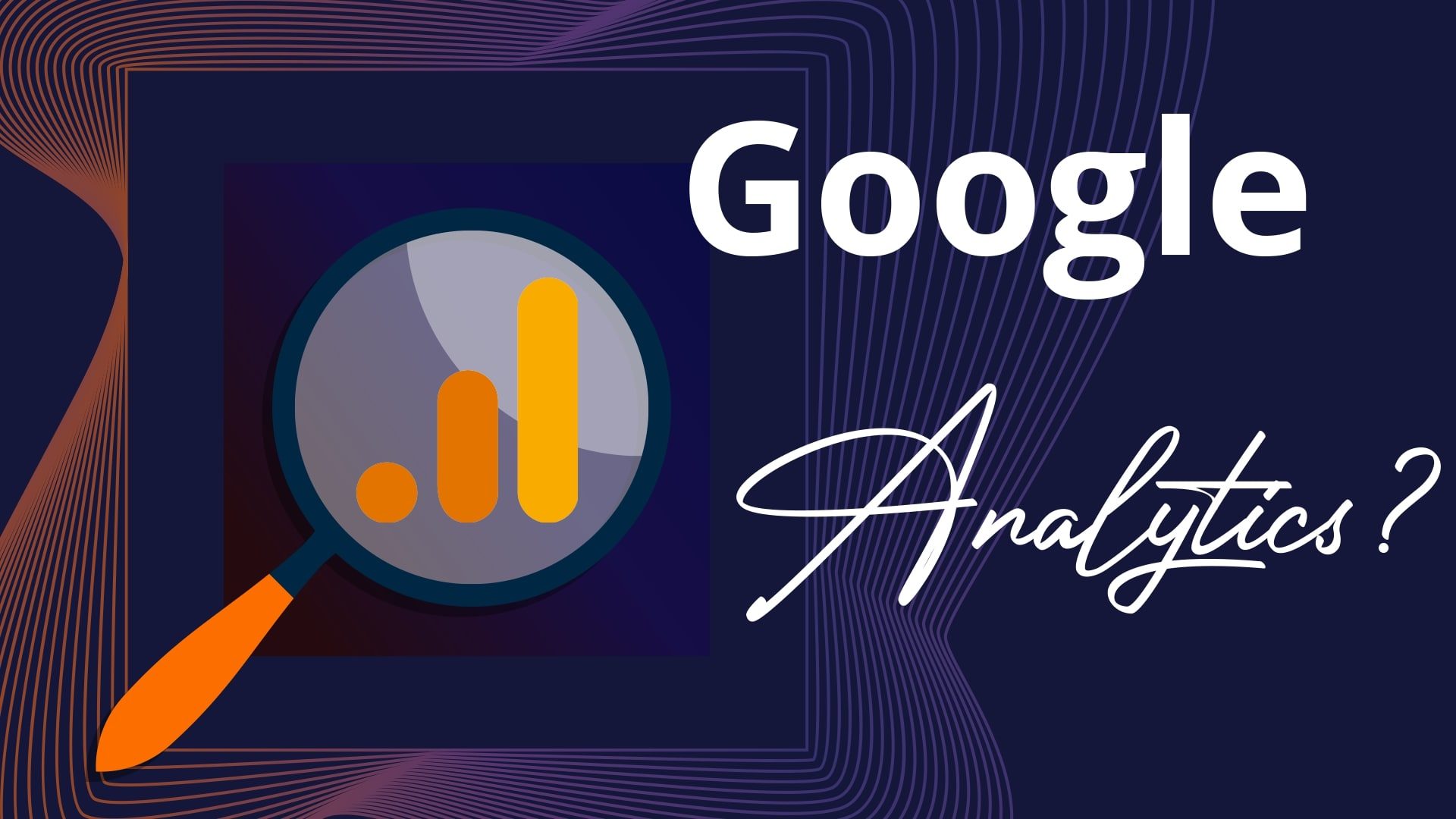Google Analytics (GA) is a powerful website traffic analysis tool. If you learn to analyze the source of website traffic, understand the composition and behavior of website visitors, you can accurately grasp the market, set development directions and strategies, and effectively achieve your goals. From concept analysis to report application. Google Analytics is used to effectively optimize the website, and to maximize the commercial potential of the website.
In the current era of big data, interpreting data to discover future business opportunities is currently the hottest topic. If you are looking for nowhere and don’t know how to start, you can start with Google Analytics.
Google Analytics is a completely free, powerful, and currently the world’s most popular website analysis software. Use Google Analytics to understand the user profile of the website, improve the user experience of the website, and then achieve the conversion results that the website owner hopes users will bring without spending a lot of money.
- Analyze website traffic data and formulate online marketing strategies
- Properly allocate resources to improve advertising effectiveness and target conversion rate
- Optimize website design and improve user experience
Analyzing Tool
In-depth analysis of your data. Standard reports allow you to evaluate and understand visitor engagement on your website. Also, you can quickly create custom reports and visitor segments with a few clicks, and find important data to share with your team.
Content Analysis
Google Analytics provides a “Content” report, which allows you to view popular content on your website and find content worth developing. You can find out how often users browse each page on the site, how long they stay, and the conversion rate. You can find all reports in the “Content” section.
Action Analysis
Understanding your mobile website, apps, and advertising, and how they bring you performance, has become an increasingly important topic. Google Analytics allows you to evaluate the visitor traffic generated by mobile websites, applications, and Internet-enabled mobile devices (including high-end and basic mobile phones/tablets). It provides marketers with customer-related analytical data to help them grasp key moments and successfully create a performance on various screens and devices. You can start creating targeted and effective marketing campaigns to reach visitors anytime, anywhere.
Conversion Kit
The data provided by the Google Analytics Conversion Kit is not limited to the number of page views and visitors. You can also learn how all digital marketing channels work together and drive visitors to your website. Whether it is sales, downloads, video playback, or other actions that are valuable to you, you can estimate them. This conversion kit explains why some visitors will shop from you, while others won’t; this way, you can adjust your website and marketing plan to match your business goals.

Social Report
The social media revolution has arrived and is maturing rapidly. You can use social reports to evaluate the impact of social media on business goals and conversions. As long as you integrate the Internet and social data, you will be able to fully control your content and community.

Advertising Analysis
You put a lot of effort into attracting visitors for your website, but how can you see the effectiveness of your advertising program? Very simple! You can view all digital channels (including search, multimedia, social, affiliate, and email) to understand how they affect conversion rates and return on investment. Our unparalleled Ad Words feature integrates mobile and multimedia advertising campaigns, allowing you to further analyze your data.
More Items you should Know:
Analysis of Google Analytics Concept
- Principles of data collection
- Account structure and settings
- Cross-domain tracking concept
Google Analytics important terms and the importance of ad tracking
- Detail explanation of basic nouns
- How to track advertising effectiveness
- Target setting
Introduction to Google Analytics Operation Interface
- Data presentation mode switch
- Data segmentation application note
Google Analytics report interpretation and application
- Key indicators and report interpretation
- E-commerce report application
Introduction to advanced Google Analytics features
- Auxiliary Conversion, Attribution Model Concept Explanation
- Remarketing apps
- Introduction to site tracking and experimental functions





